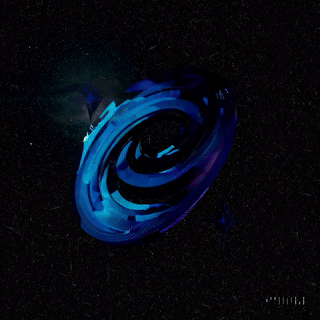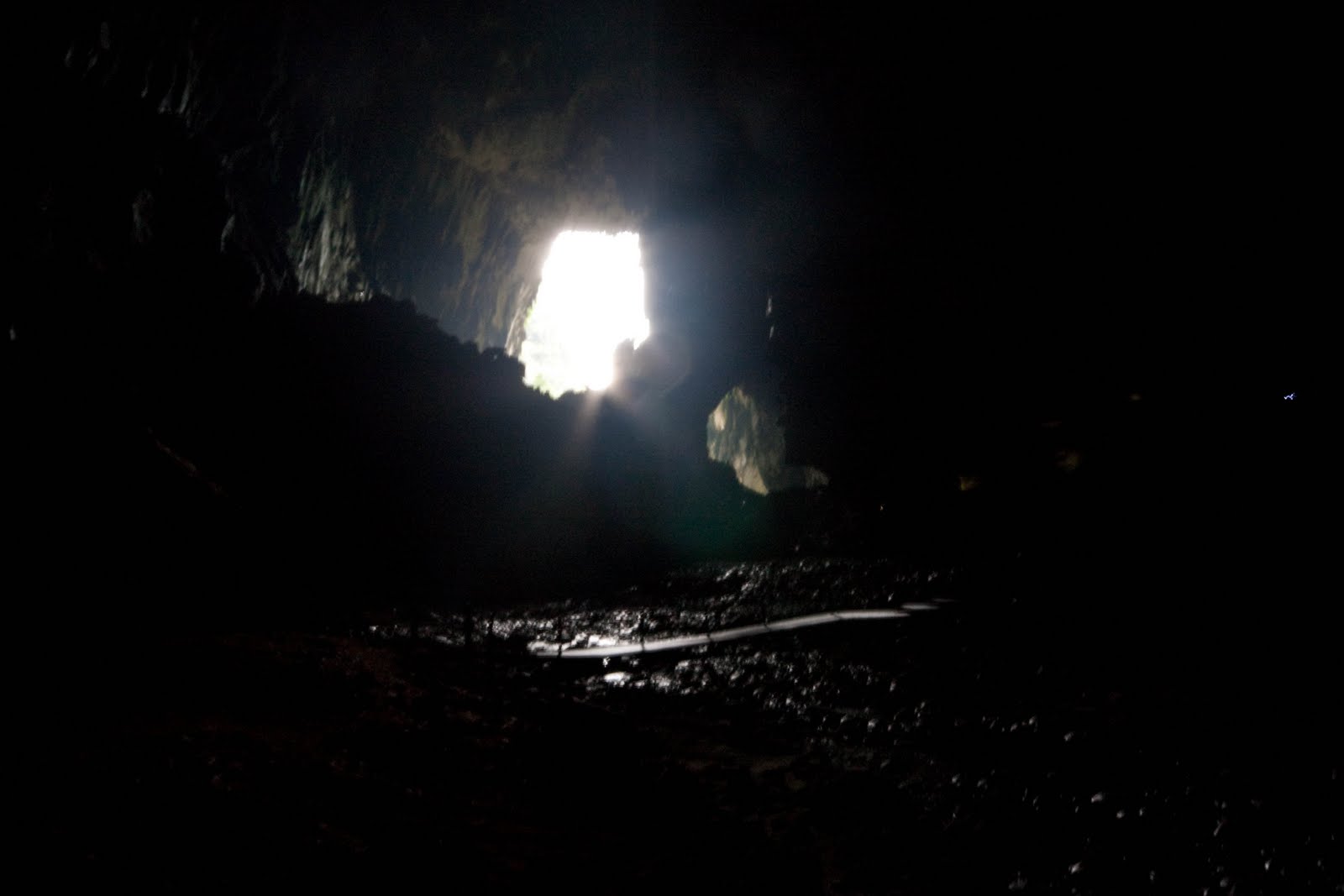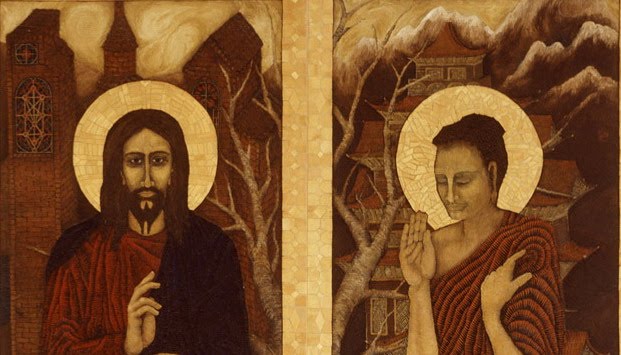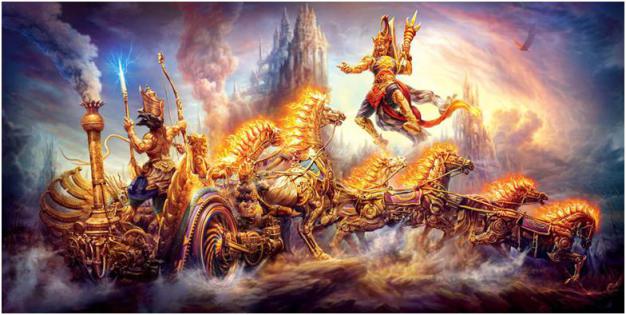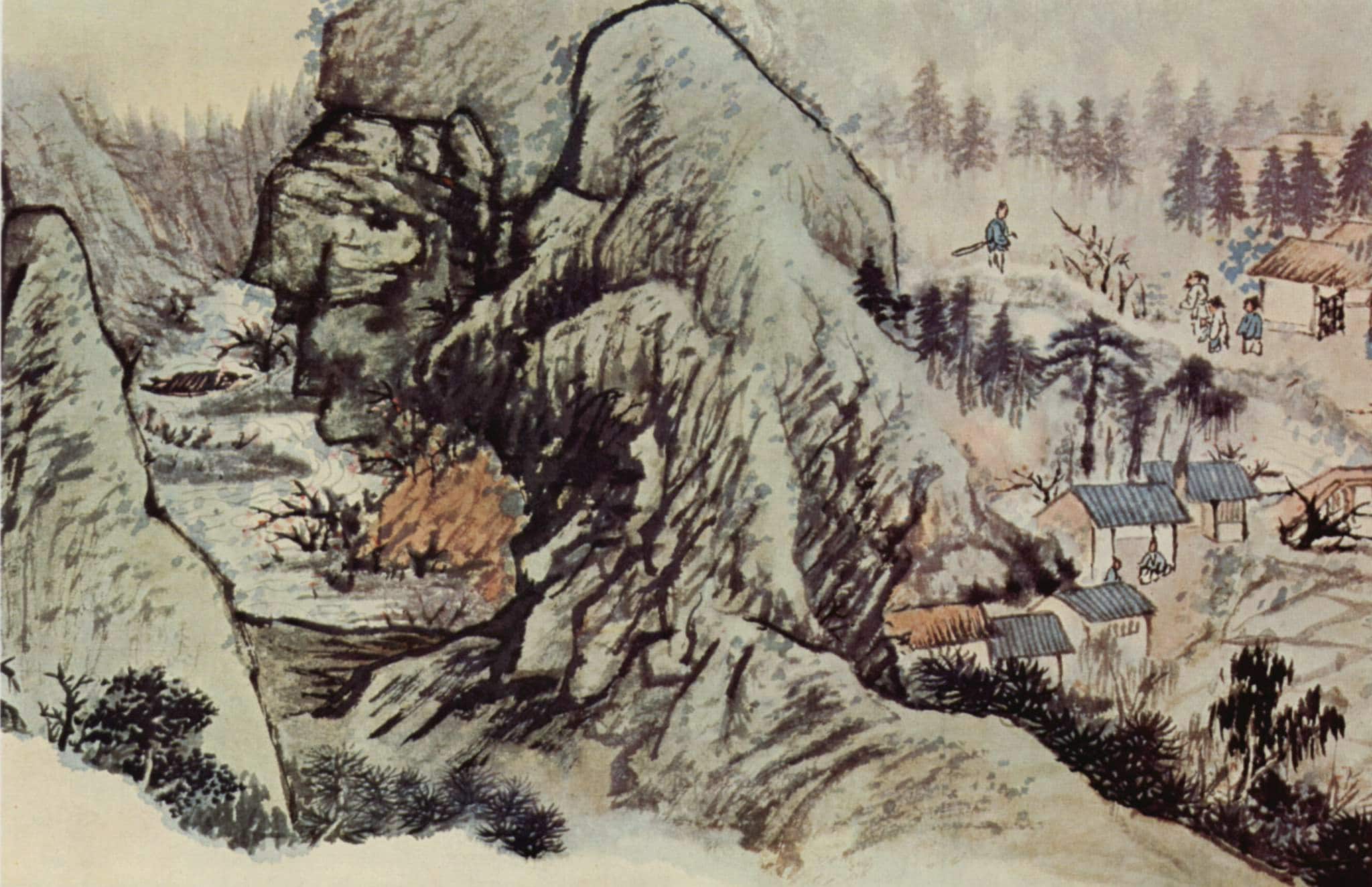happiness
Sustainable Life: 5 Actions you can take NOW
Sustainable Life for Humans Humans are on a crash course with our destiny. If we don’t find a way to live sustainable life, our species could become extinct. Over the next five-hundred, the extinction of our species will looms above us, as it has in the past. Will we fall into the oblivion of our … Read more
Acceptance
There is a certain point where I realized that there was nothing I could do to save anyone. There’s no saving. There’s always suffering. And thinking otherwise is simply idealizing and overgeneralizing. Suffering is an unavoidable aspect of this world. You are not a victim, but instead an inhabitant; viewing suffering as against you or … Read more
Exhausted in Vietnam
At this point, I am ready to leave Asia. This journey has been a long one; its been almost four months since I left sunny California to head to India. India was rough; I got food poisoning 3 times, the third time for an entire week before I was able to get my hands on … Read more
Idealization in the Psyche
A core function of the human mind is dreaming, or imagining events that haven’t actually taken place. This can occur while sleeping, while bored during the day, while exercising, pretty much any time when your attention is free, this is possible for the mind. If you are intensely focused on something, for instance your breath, then the … Read more
Purusartha | पुरुषार्थ
The Goals of Life Purusha and Artha are two very complex Sanskrit words that represent a Hindu ideal of life’s purpose [Purusha (पुरुष) and Artha (अर्थ)]. Together, the words mean purpose of being, the objective of human pursuit, or the meaning of life. Purusha means human being, soul, or the universal principle and soul of the … Read more
Taoism in Modern Yoga
It has recently started to become more and more apparent to me that Zen Buddhism, Taoism, yoga, Hinduism, and Jainism are all very inter-related, and that the western teaching of yoga is in fact much more than traditional (Krishnamacharya influenced) yoga based in Hinduism. The definition of the Tao is a great replacement for the … Read more
Breaking Rules
I do love it when someone tells me what to do. It such a great opportunity to show them how powerless they really are over you. Or to show respect by asking no questions and simply acting. In India there are no rules. I was told that a bus driver can keep his job, even … Read more
The Responsibility of Ashtanga
I love being able to learn yoga from multiple sources, multiple teachers with subjective and unique viewpoints. I think this is one of the biggest reasons I have been able to progress through various yoga traditions without injury. Lots of the yogis here are injured, in one form or fashion. I’ve seen taped toes, adjustments, … Read more
